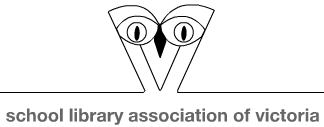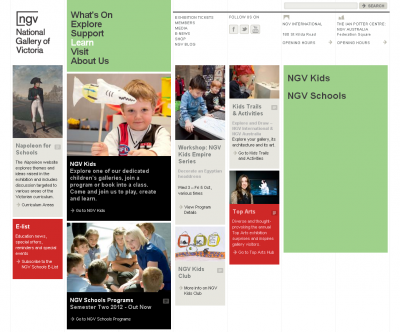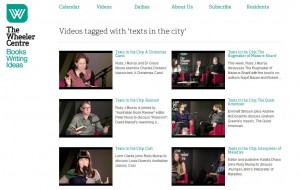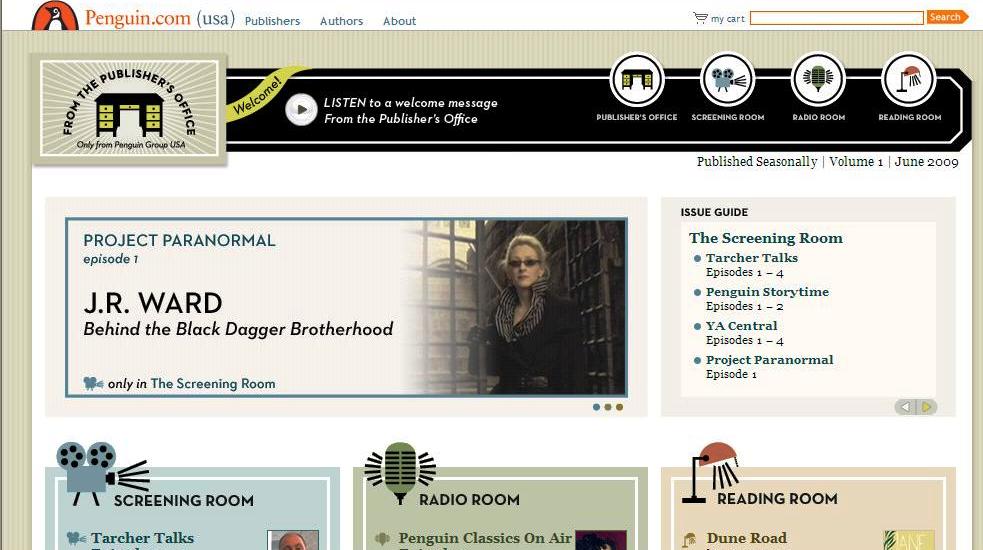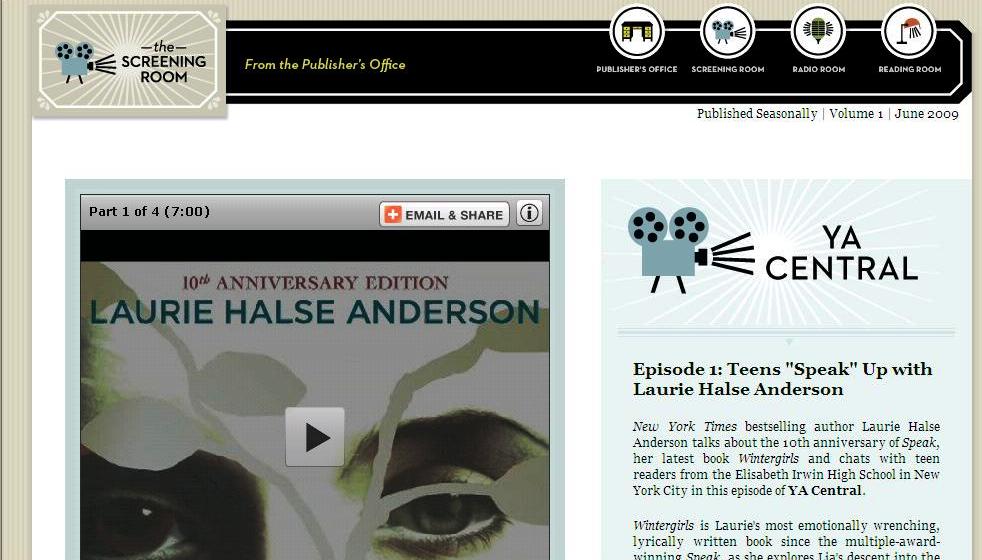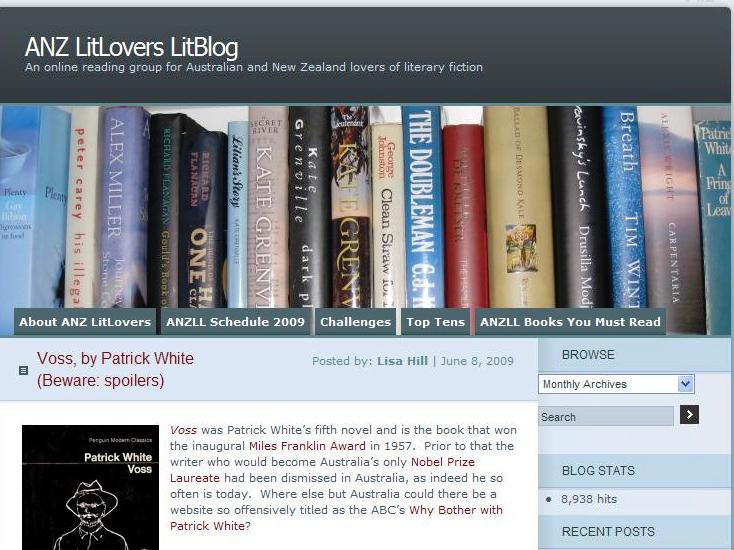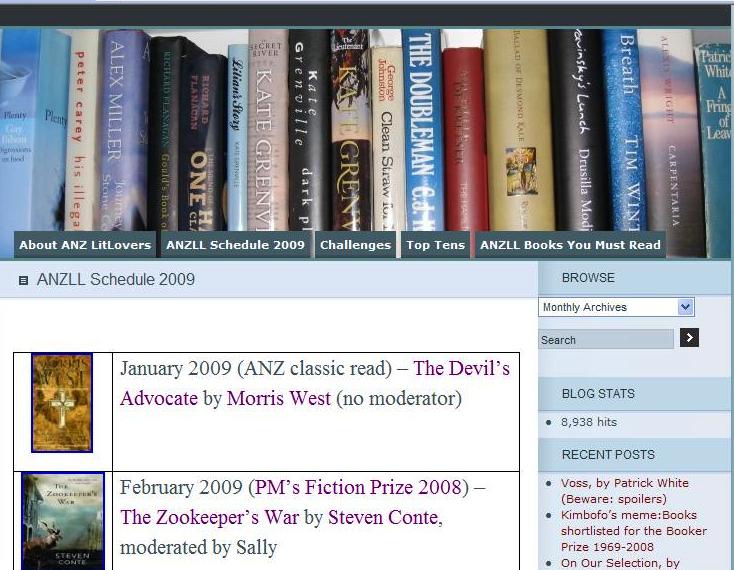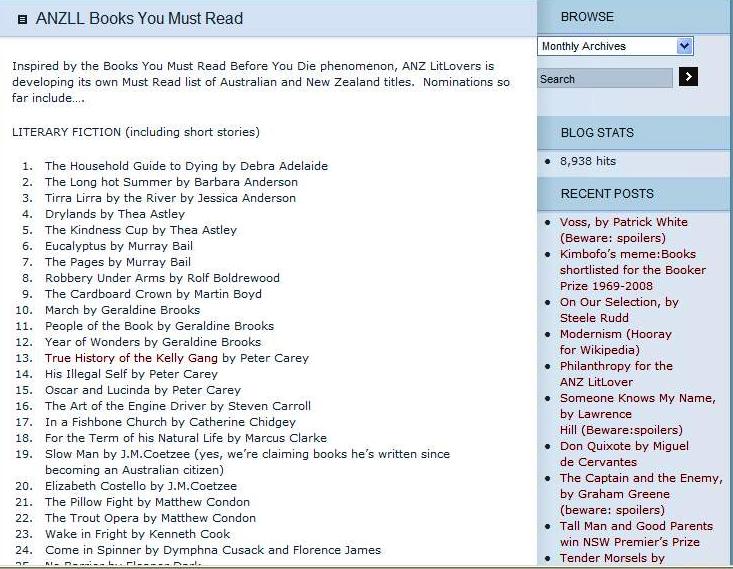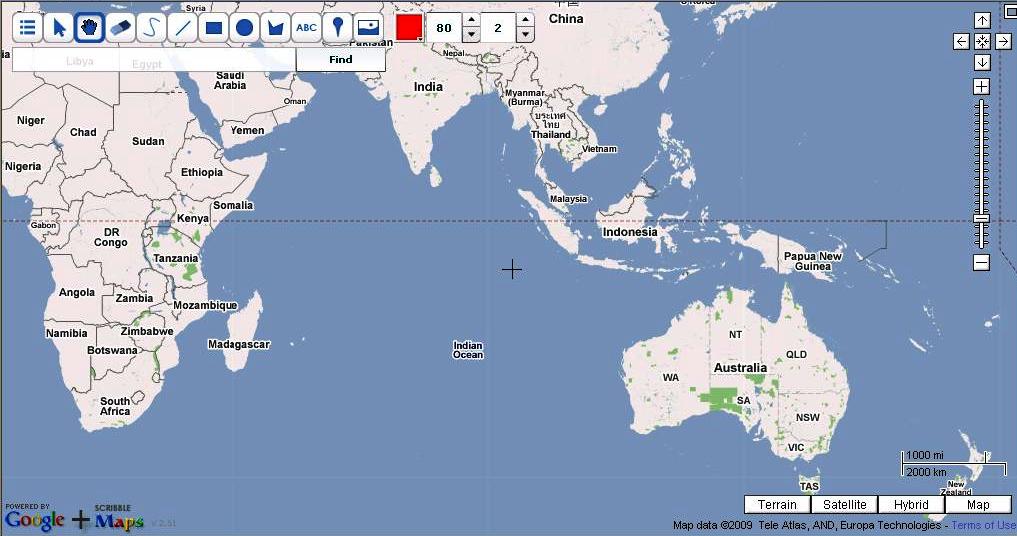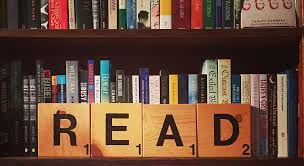 Our thanks to those of you able to join us for our book club meeting to discuss titles and strategies for engaging Reluctant Readers. As always, so many of you had so many wonderful contributions to share with us, and it is very appreciated. This topic has been one of our most popular book club meetings and our third discussion on this subject. It was wonderful to engage with new recommendations, revisit old favourites and consider strategies that help school libraries support their reluctant readers.
Our thanks to those of you able to join us for our book club meeting to discuss titles and strategies for engaging Reluctant Readers. As always, so many of you had so many wonderful contributions to share with us, and it is very appreciated. This topic has been one of our most popular book club meetings and our third discussion on this subject. It was wonderful to engage with new recommendations, revisit old favourites and consider strategies that help school libraries support their reluctant readers.
This was our fifth book club meeting for 2022, and we look forward to chatting with you again at our next meeting on September 8th to discuss the topic LGBTQI+ titles. We will discuss across all age groups which texts are working well for those wishing to engage with LGBTQI+ experiences? How are these texts positioned in your school library to support and bolster inclusion?
Disclaimer: The lists generated as a result of Book Club discussions are not, by any means, an exhaustive list of all titles or authors for each genre/category discussed. Nor will all titles be suitable for all libraries. We advise staff discretion when referencing these lists, to properly confirm individual title suitability for individual libraries, school and students needs. These are suggested titles only, shared by our members and inclusion on, or exclusion from, a list does not suggest SLAV endorsement or rejection of a title.
Books that have been adapted for TV and Movies
Heartstopper Series by Alice Oseman (YA)
The Babysitters Club by Ann M. Martin (MG)
Sandman by Neil Gaiman (Mature Readers)
Enola Holmes by Nancy Springer (MG)
Good Omens by Neil Gaiman and Terry Pratchett (YA)
Love and Gelato by Jenna Evans Welch (YA)
High Engagement Reads
School of Good and Evil by Soman Chainani (MG)
The Murderbot Diaries by Martha Wells
Fart Boy Series by Adam Wallace
Ninja Kid/Wolf Girl/ Weirdo Series by Anh Do
Anything by Colleen Hoover (Mature Readers)
The Crossover by Kwame Alexander (the original verse book and the graphic novel version)
John Scalzi books suit those who want something a bit outside the box. We have Redshirts (sci fi) and Lock In (mystery/suspense)
Warcross by Marie Lu (YA great gamer tie in)
Football Superstar series (soccer) – easy on the eye layout, not much text. Super popular with boys not confident with reading
Making Friends by Kirsten Gudsnuk
Diary of a Wimpy Kid Series by Jeff Kinney
A number of our Year 7-8s love ‘Electric State‘ by Simon Stålenhag – it’s a bit more expensive, but it’s beautiful and the illustrations are amazing!
Verse Novels
Verse novels by Sarah Crossan have worked will with students who wanted Colleen Hoover books
The Poet X is a fantastic YA verse novel, Other Words for Home for a slightly younger reader
Bindi by Kirli Saunders is a beautiful verse novel too
I sell the verse novels to reluctant readers by pointing out that they are a super quick read, but you’ve read a whole book!
Clap When You Land by Elizabeth Acevedo
Steven Herrick verse novels are well used at our boys school, including as class texts Yr 9-12
When the Stars Wrote Back by Trista Mateer (mature readers) – poetry
Other titles that work well
The Other Side of the Sky Series by Amie Kaufman, Meagan Spooner
(Horror) Dark Hunter books by Benjamin Hulme-Cross
Flowers in The Attic by Virginia Andrews (YA)
Gordon Korman books have been popular with boys who reject other things e.g. Restart and The Unteachables Planning to buy War Stories, Linked, Notorious, and The Fort (His books cover many genres)
Stormbreaker Series by Anthony Horowitz (novels and graphic novels)
A Spoonful of Sadie by Lana Spasevski, Joanie Stone (Illustrator) (soccer)
The Fox Swift Series by Cyril Rioli (AFL)
I Can Be Series … Belinda Clarke (etc) Phil Kettle author (sport)
Ash Barty Junior Fiction Series – Little Ash (tennis)
The Life and Times of Gracie Faltrain by Cath Crowley (girls soccer story fiction)
More Than a Kick by Tayla Harris
Chessboxer by Stephen Davies is amazing – suitable for secondaries
Bulletcatcher is a well-written series (Barrington Stoke) by Chris Bradford
Virtual Kombat trilogy by Chris Bradford www.barringtonstoke.co.uk
We recently bought the Investigators series, and the primary students love them
I’m pretty sure LMERC have audio books if you join them https://lmerc.softlinkhosting.com.au/oliver/libraryHome.do
I Survived graphic novels are great
Strategies Shared
Try matching books to video games https://screenrant.com/ten-best-video-games-based-books/
Making book lists on our catalogue e.g. Bring the Tissues, At Least One Explosion, Enemies to Lovers, etc
Getting them to talk with their peers about books they recommend
Flip Guides to assist them with choosing
Display or list of banned books – everyone wants read something that they are not allowed to!
Create a short / quick or easy book collection
Have students choose the book they will study for English and buy it or have them choose books from a bookshop for the library.
Invite students to choose from our Lamont book boxes to be added to our collection
Definitely do displays based on Booktok and Bookstagram trends. Latest is the “He’s a 10 but…” meme.
Our students recommend books – a tick is added on the cover and it’s displayed faced out
For the students who don’t know what they want to read we have top 30 lists for different year levels and top 6 lists for all of our different genres. They use them far more than I thought they would
Invite the author to speak
Promote the audio of the book
We have a ‘Bookflix’ window for trending books
I always ask them what they enjoy watching and go from there
Adding book promos to our library promotional trailer (runs over lunchtime) is very successful
What We Are Reading Adult Titles
A Gentleman in Moscow by Amor Towles
Salt and Skin by Eliza Henry Jones
In by Will McPhail is a great adult graphic novel.
Daughter of Time by Josephine Tey
Partway through ‘Wake’ by Shelley Burr
The Crimson Thread by Kate Forsyth
Her Majesty’s Royal Coven by Juno Dawson
Dinner with the Schnabel’s by Toni Jordan

